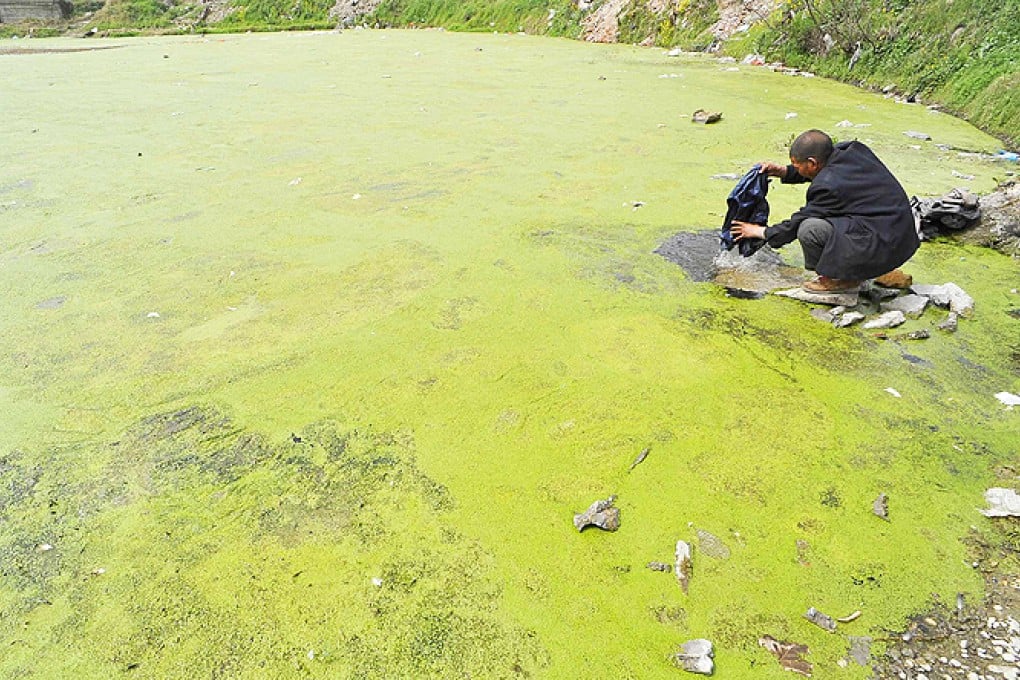China considers new powers for pollution watchdog as part of government shakeup
Beijing to raise fines, criminal punishments for polluters

China could grant its undersized environment ministry new powers over resources, possibly allowing it to veto future projects, and more muscle to punish polluters as part of a government shake-up to tackle decades of unchecked growth.
Sources with ties to the leadership said that the government was considering a sweeping reorganisation of cabinet ministries next month that will dissolve the Ministry of Land and Resources and transfer some powers to the Ministry of Environmental Protection (MEP), long regarded as too weak to punish law-breaking polluters.
China will not be able to stop polluters from violating the law without stronger penalties
Amendments to China’s 1989 environmental law, likely to be rubber-stamped at the annual session of the country’s legislature next month, are expected to also give the environment ministry the powers to impose unlimited penalties on firms that fail to rectify problems and allow regulators to suspend or shut down persistent offenders.
A nationwide monitoring system will be established to force industries to disclose exactly how much pollution they cause, and it will become a criminal offence to misuse or switch off pollution control technology and misreport emission levels.
China’s big polluters routinely exceed government emissions limits, say environmentalists, and high pollution levels have sparked widespread social unrest, which is a major concern for China’s leadership.

